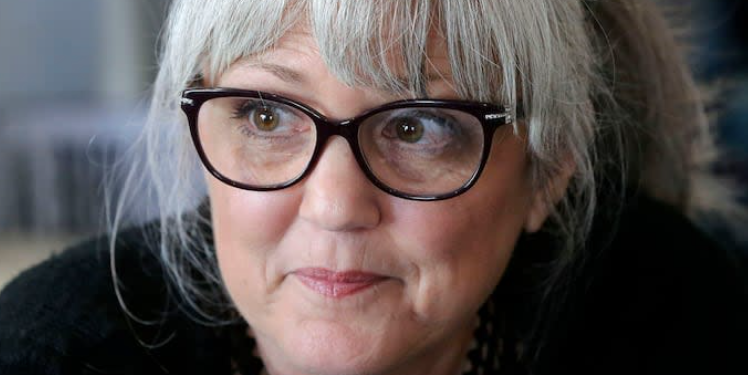Cathy Miller, proprietor of Tastries Bakery located in Bakersfield, California, was interviewed by The Californian back in 2018. A judge in California has ruled in favor of Miller, who declined to create wedding cakes for a same-sex couple, asserting that such an action would contravene her Christian convictions.
In 2018, Miller faced a lawsuit for refusing to sell a cake intended for a same-sex wedding. Nearly seven years later, she continues to contest allegations of discrimination by invoking protections for religious freedom.
On Wednesday, the California Supreme Court delivered an unfavorable decision regarding Miller’s case, announcing that it would not revisit a previous ruling against her. Consequently, Miller intends to petition the U.S. Supreme Court to take on her appeal, potentially reigniting the national discussion surrounding the rights of religious business owners.
The circumstances of Miller’s case bear resemblance to a notable 2017 lawsuit from Colorado involving Masterpiece Cakeshop and baker Jack Phillips, who faced accusations of violating Colorado civil rights law after he refused to craft a wedding cake for a gay couple. The Supreme Court ultimately ruled in favor of Phillips in June 2018; however, it did not address whether religious business proprietors could be exempt from nondiscrimination laws aimed at protecting LGBTQ individuals. Instead, the 7-2 decision focused on the conduct of Colorado officials involved in Phillips’ case, with the majority opinion asserting that the Colorado Civil Rights Commission had shown disrespect towards Phillips’ religious beliefs.
Five years later, in June 2023, the Supreme Court again sided with a religious business owner in a matter concerning free speech protections. In this instance, a web designer named Lorie Smith sought assurance from the court that she could decline projects that conveyed messages—such as support for same-sex marriage—that conflicted with her religious principles. The ruling, which passed with a 6-3 vote along ideological lines, established that anti-discrimination laws do not supersede free speech rights. Justice Neil Gorsuch, writing for the majority, stated, “The First Amendment prohibits Colorado from forcing a website designer to create expressive designs speaking messages with which the designer disagrees.”
Miller and her legal representatives have referenced these two Supreme Court rulings in their attempts to counteract the discrimination allegations, though with limited success. Initially victorious at the county level, Miller subsequently lost on appeal. In 2022, she achieved another win when her case was reexamined at the county level; however, this decision was later overturned by a California appellate court.
The rulings have largely revolved around whether the lesbian couple seeking a wedding cake from Tastries Bakery was requesting a custom product. The court that favored Miller viewed the cake order as custom and determined that she had the right to refuse to endorse same-sex marriage through her work while complying with nondiscrimination laws by directing the couple to another bakery. Conversely, the appellate court that ruled against her asserted that the couple was essentially requesting an off-the-shelf item and concluded that Miller could not treat LGBTQ customers differently from other patrons seeking standard cakes.
In a statement issued on Thursday, Miller’s attorneys from Becket, a well-known religious freedom organization, contended that her wedding cakes are indeed custom creations. Senior counsel Adèle Keim remarked, “As the United States Supreme Court has made clear twice already, creative professionals like Cathy Miller shouldn’t have to choose between following their faith and practicing their art. California should have ceased its campaign against Cathy years ago and allowed her to create freely. We plan to appeal this decision to the Supreme Court to defend Cathy’s right to produce custom works consistent with her beliefs.”
Should the Supreme Court agree to hear Miller’s appeal in the upcoming term, it will revive national discourse regarding service refusals based on religious beliefs—a topic that has gained prominence since the Supreme Court legalized same-sex marriage across the nation ten years ago. According to the 2024 American Values Atlas from the Public Religion Research Institute, 58% of U.S. adults oppose permitting small business owners in their states to deny products or services to gay or lesbian individuals even if such actions conflict with their religious convictions. This figure has remained relatively stable since first being surveyed in 2015, when it stood at 59%.








